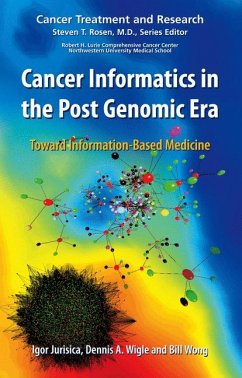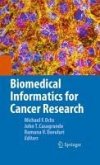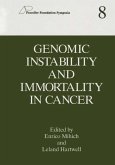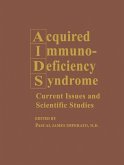Key challenges include integrating research and clinical care, sharing data, and establishing partnerships within and across sectors of patient diagnosis and treatment.
Addressing important clinical questions in cancer research will benefit from expanding computational biology.
The advent of genomic and proteomic technologies has ushered forth the era of genuine medicine. The promise of these advances is true "personalized medicine" where treatment strategies can be individually tailored and advance to initiating intervention before visible symptoms appear.
Series editor comments:
"Cancer informatics has become a critical component of modern investigations. A combination of system's biology and the magnitude of data sets associated with cancer research require sophisticated technologies to manage the broad spectrum of collective knowledge. This text provides a comprehensive review of the field presented by leaders in the discipline."
Steven T. Rosen, M.D.
Series Editor
Dieser Download kann aus rechtlichen Gründen nur mit Rechnungsadresse in A, B, BG, CY, CZ, D, DK, EW, E, FIN, F, GR, HR, H, IRL, I, LT, L, LR, M, NL, PL, P, R, S, SLO, SK ausgeliefert werden.









